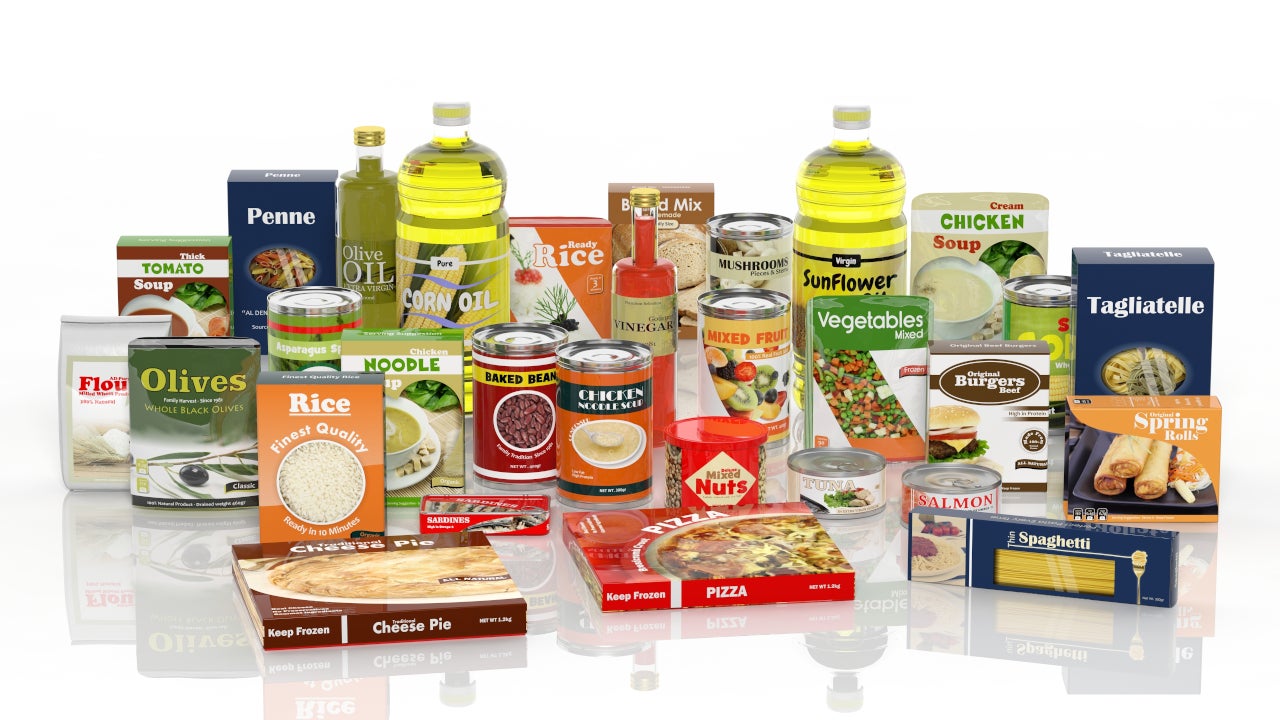Introduction
In the extremely managed food market, contract makers play a critical function in bringing products to market. These companies concentrate on producing and packaging food products in behalf of various other business, enabling brand names to focus on marketing and also circulation. Nevertheless, contract manufacturers have to navigate a complicated landscape of food labeling needs to guarantee conformity with Australian laws. This short article gives insights and also guidance for agreement producers operating in Australia, covering topics such as contract food manufacturing, food security requirements, labeling needs, and also more.
Contract Food Manufacturing: Satisfying the Need for Outsourcing
Contract food production has become increasingly prominent over the last few years as businesses seek to outsource their production requirements. This arrangement enables companies to utilize the experience and also resources of specific manufacturers while concentrating on their core expertises. In Australia, contract food manufacturing is a flourishing market, with companies providing a variety of services, consisting of item development, formula, product packaging, and top quality control.

Understanding Food Safety Specifications in Australia
Food security is of vital significance in the agreement production industry. Agreement producers must abide by rigorous policies to make certain the safety and security and also integrity of the items they produce. In Australia, these standards are established by Food Specification Australia New Zealand (FSANZ) and also applied by state as well as territory regulatory authorities.
The Excellent Production Practices (GMP) standards give a structure for making certain that foodstuff are manufactured continually as well as fulfill quality criteria. Contract makers have to execute durable quality control systems to adhere to GMP needs. This involves developing treatments for active ingredient sourcing, manufacturing processes, storage, managing, product packaging, labeling, and also distribution.
Meeting Identifying Requirements: Trick Considerations
Accurate and interesting labeling is important for making sure customer security and promoting openness in the food product contract manufacturer market. Agreement producers need to acquaint themselves with Australian labeling requirements to avoid pricey mistakes or possible lawful concerns. Here are some crucial factors to consider when it comes to food labeling in Australia:
1. Mandatory Tag Information
Australian food labeling regulations call for specific information to be shown on item labels. This consists of the product name, components checklist, allergen information, nutritional info, and country of origin. Contract producers need to make certain that all necessary tag details is accurate and also plainly legible.
2. Allergen Management
Allergen management is an important aspect of food labeling in Australia. Contract makers should have robust systems in position to stop cross-contamination and accurately state the presence of irritants on item tags. This involves carrying out complete risk analyses, applying segregation steps, as well as on a regular basis screening for irritant traces.
3. Nutritional Information
Nutritional details is a vital factor to consider for customers when making purchasing decisions. Australian food labeling legislations require contract suppliers to provide precise and also standardized dietary information on their products. This consists of the energy value (calories), healthy protein material, fat material, carbohydrate content, and also any type of various other pertinent nutrient information.
4. Native Land Labeling
Country of origin labeling is one more requirement that agreement producers should abide by in Australia. This entails plainly suggesting the nation or countries where the item was made or expanded. The Australian Competitors as well as Customer Compensation (ACCC) supplies guidelines on exactly how to fulfill country of origin labeling requirements.
5. Health And Wellness Claims as well as Advertising and marketing Messages
Contract producers must likewise know the guidelines bordering wellness claims and also advertising and marketing messages on food tags. In Australia, any kind of cases made concerning the health advantages or residential properties of an item must be supported by clinical proof and follow details regulations established by FSANZ.

FAQs: Typical Questions About Food Classifying Needs in Australia
What are the effects of non-compliance with food labeling requirements in Australia? Non-compliance with food labeling demands can lead to lawful charges, including fines or product recalls. It can also damage a brand's reputation as well as deteriorate consumer trust.
Are there particular labeling needs for organic food products in Australia? Yes, health food items have additional labeling demands in Australia. They must be certified by an acknowledged organic certifier and present the appropriate accreditation logo.
Can agreement producers help with product advancement and formula? Yes, lots of contract manufacturers supply product advancement and also solution solutions. They can aid in developing custom-made solutions that meet certain nutritional or nutritional requirements.
What is the duty of contract producers in ensuring food safety? Contract makers are accountable for applying robust food safety and security systems, including GMP standards, to make certain the safety and also integrity of the items they produce.

Are there any kind of exceptions to food labeling needs for small businesses? Local business may be eligible for certain exceptions or streamlined labeling needs. Nevertheless, it is important to consult with regulative authorities or look for legal advice to determine eligibility.
How can acquire producers remain updated on changes to food labeling laws? Agreement suppliers should on a regular basis check updates from FSANZ and also other regulatory bodies. They can also involve with industry associations and go to relevant seminars or workshops to remain informed.
Conclusion
Navigating food labeling demands in Australia is a complex task for contract manufacturers. Compliance with policies is essential to make certain customer safety and security and also preserve trust in the market. By recognizing the key factors to consider described in this short article, agreement suppliers can navigate the governing landscape efficiently while supplying top quality products that satisfy industry criteria. Partnering with seasoned professionals that concentrate on food labeling and also compliance can further enhance a contract producer's ability to meet these needs successfully.